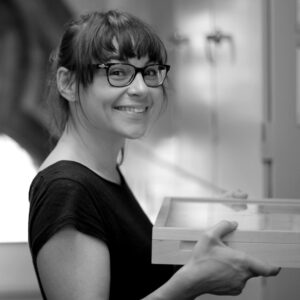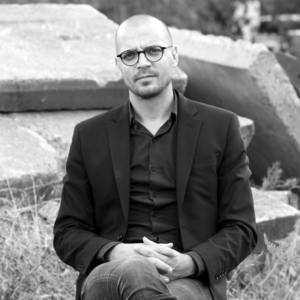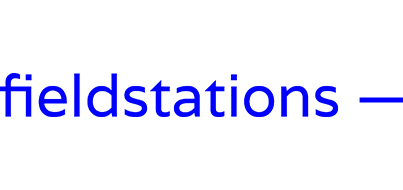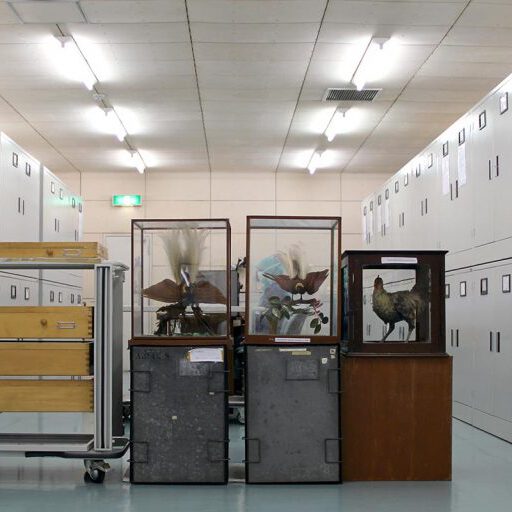Anna-Sophie Springer & Etienne Turpin
Fieldstations e.V. | DAZ | TUBerlin
Stammtisch 14.01.2021 18.00
Lidia Gasperoni, Matthias Böttger, Christophe Barlieb
January 14, 6 p.m. | ONLINE >> https://bit.ly/39eDOM8
The Fieldstations series We need to talk! is curated and moderated by Lidia Gasperoni, Matthias Böttger and Christophe Barlieb.
CO-OPTING NATURAL HISTORY

Anna-Sophie Springer is an editor, curator, and director of the publishing atelier K. Verlag in Berlin.

Etienne Turpin is a philosopher living and working in Berlin. He edited the book Architecture in the Anthropocene.
Together, they are co-principal investigators and co-curators of the exhibition-led inquiry Reassembling the Naturaland, co-editors of the Intercalations: Paginated Exhibition series (2015-2021), published by K. Verlag & Haus der Kulturen der Welt in the context of Das Anthropozän-Projekt.
Anna-Sophie Springer and Etienne Turpin will discuss their current research for Ponds Among Ponds: an exhibition of threshold behavior & nested life, which adopts the image of the pond for rethinking the relationship between organisms and their various endo- and exo-somaticecologies, while proposing an Alternative Approach to the Presentation of Natural History. Instead of beginning from the assumption that the organism is the basic unit of evolution, what if we consider nested ecologies of life as symbiotic kin that challenge ideas of competition and fitness? And, how can novel spatial strategies and interventions into the standard display technologies of the natural history museum work to denaturalize its necroaesthetic presentation of human supremacy?
Fieldstations e.V. promotes research about the Anthropocene – exploring how collective research methods, focusing on the agency of emerging phenomena and technologies, can produce new architectural and cultural models.
Featured Image: Anna-Sophie Springer, Etienne Turpin




